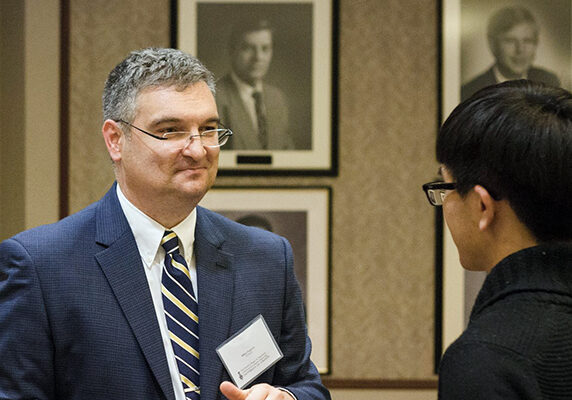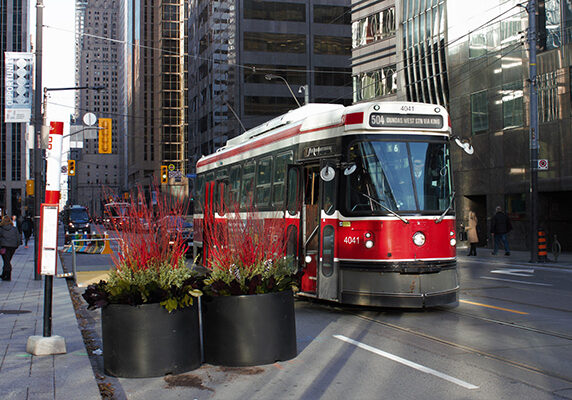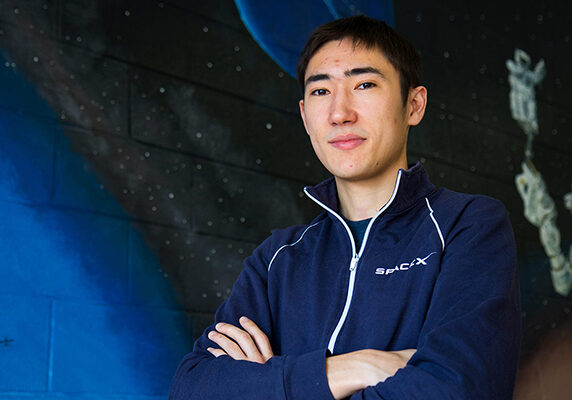
Out of this world: Student’s SpaceX internship involved working on Falcon Heavy’s engines
UTIAS graduate student Askar Kazbekov spent nearly a year-and-half working for Elon Musk’s Hawthorne, Calif.-based SpaceX during two separate internships.
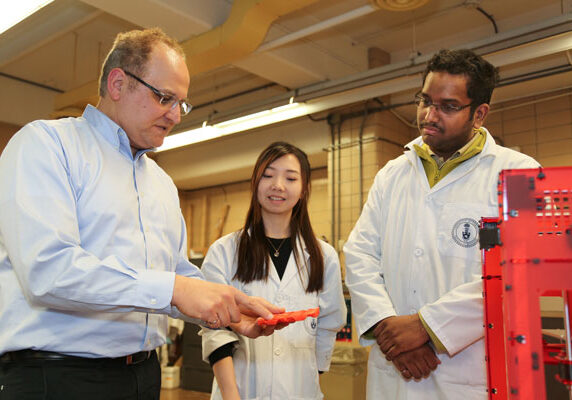
Innovation superclusters: Two future-facing ideas from U of T Engineering
Faculty expertise and facilities contribute to high-density research and innovation hubs
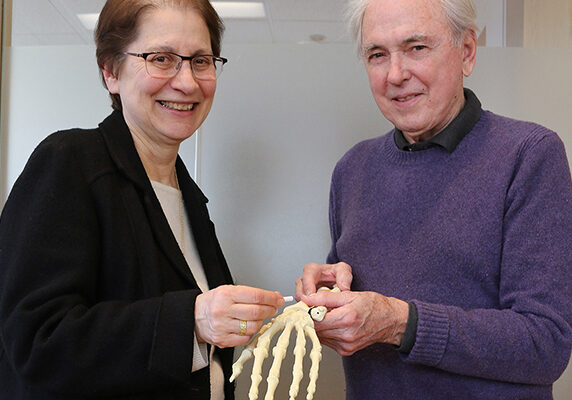
New joints for arthritis sufferers among U of T Engineering research projects receiving Connaught Innovation Award support
The five funded projects address pressing challenges in fields from machine learning to micro-surgery
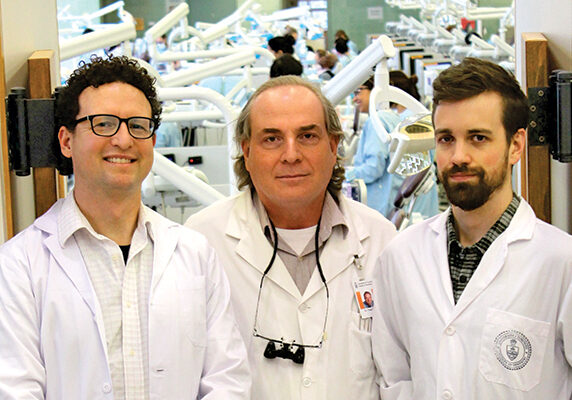
The fight against tooth decay gets help with a new smart material from U of T researchers
Multidisciplinary collaboration between U of T Engineering and Faculty of Dentistry designs new antimicrobial materials to prevent recurrent cavities under fillings
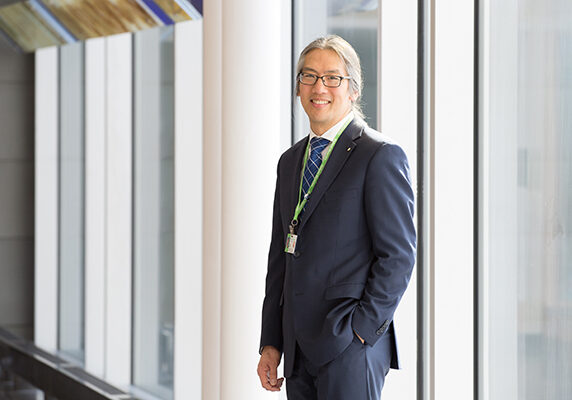
U of T Engineering professor Tom Chau awarded Order of Ontario
World leader in paediatric rehabilitation recognized for research and leadership contributions to the province
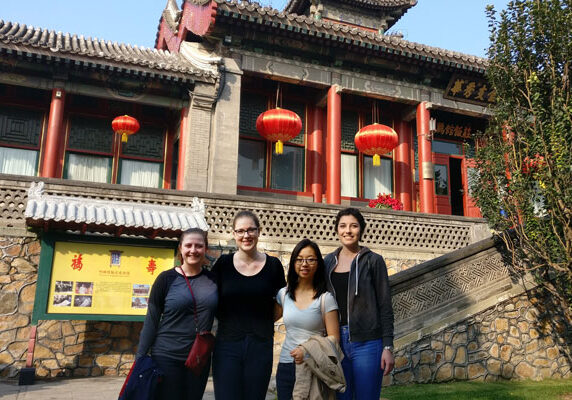
Engineering students experience cross-cultural design with international capstone course
Students from China and Canada work together on challenges brought forward by industry
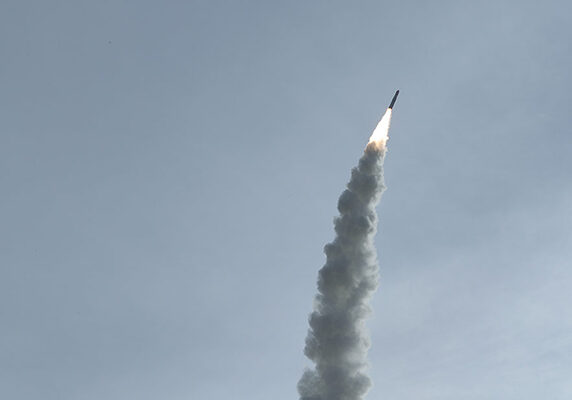
Liftoff: U of T Engineering startup Kepler takes flight with satellite launch in China
Company founded out of U of T Engineering accelerators the Entrepreneurship Hatchery and Start@UTIAS

